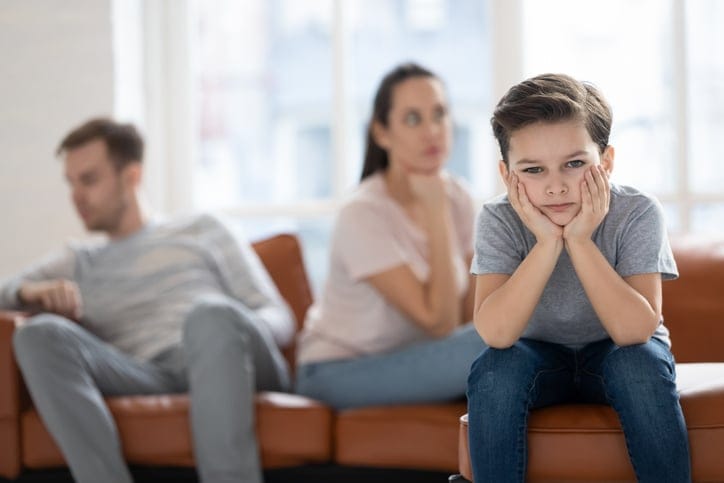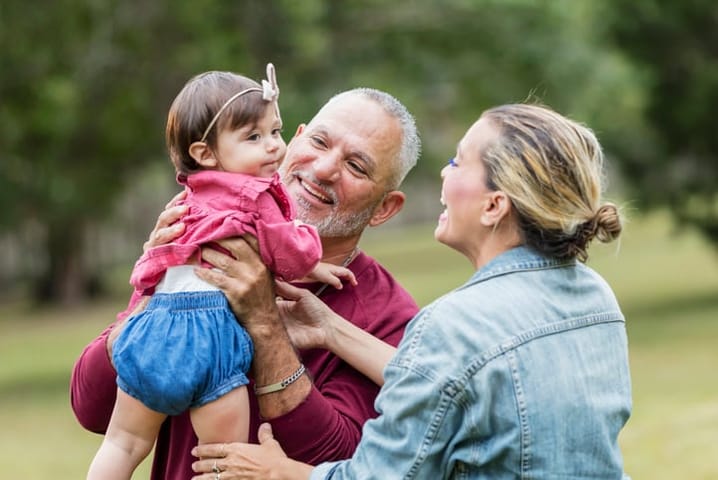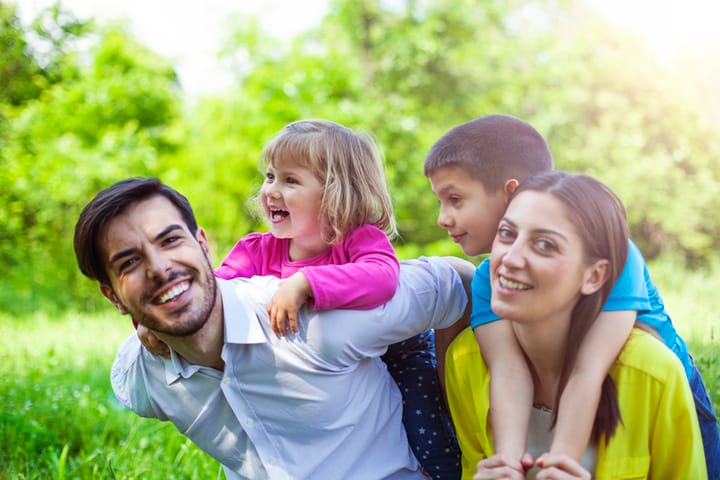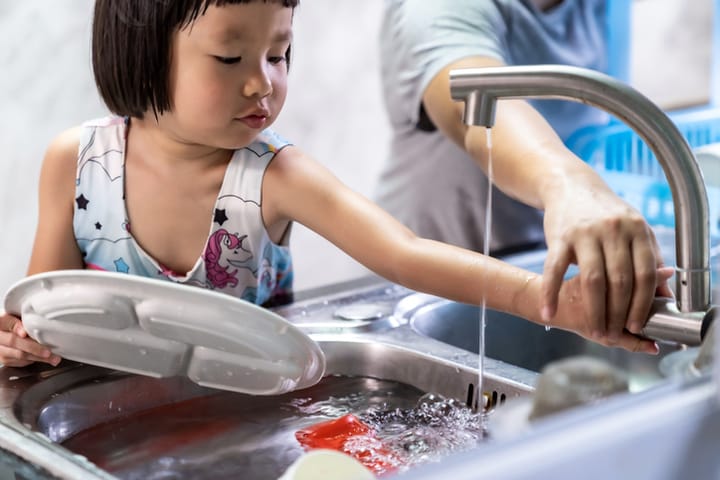Hindsight is 20-20 but that doesn’t mean it can’t still shock us. When was the last time you reflected on your childhood? Next time you do, here are 17 signs that you had a much less happy childhood than you thought at the time.
1. There were so many rules about food.

You would be doing very well to get into your 30s without having a complicated relationship with food. Lots of this stems from childhood when the timings, types, quantities, and mentalities around food defined lots of your habits far into adulthood. If your parents talked about the ‘good’ and ‘bad’ foods in the house that could be an example of ways in which your childhood wasn’t as open-minded as you thought.
2. Your parents were strict.
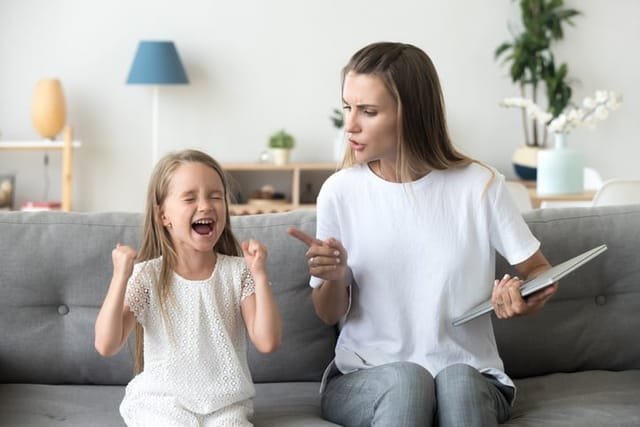
Your parents weren’t the type to host a fun movie night or put together a sleepover. You’d go to other people’s houses for that Looking back, your parents were the ‘I need help with my homework’ parents, never the fun, laid-back ones.
3. You were never trusted to go out and see friends.
Parents who are afraid of the world have a bad habit of passing that on to their children. Their suspicion of your friends meant they never said ‘yes’ to things. You got used to having to present a business case just to get them to agree to things—and eventually, people stopped inviting you.
4. You had helicopter parents.
There are pros and cons of receiving the attention of a helicopter parent. On the one hand, you get good at meeting their demands. On the other hand, you come to rely on them and don’t know how to organize yourself without them. It left you a little high and dry when you left home.
5. Your parents treated your siblings differently than you.
It wasn’t hard to notice the way your younger brother was held to different standards than you were. Whether it was a ‘youngest child’ or ‘eldest daughter’ syndrome, they showed you that they could show love in different ways. In some ways, you saw that their love was conditional.
6. Your parents always made comments about your appearance.
Maybe this was just how it was back then, but it doesn’t make it okay. If your parents commonly commented on your weight, and clothes, or judged your hair, it may have seemed normal. But it’s not—your parents made you view the whole world as a place full of people who’d criticize or judge you for how you look.
7. They expected you to be just like them.
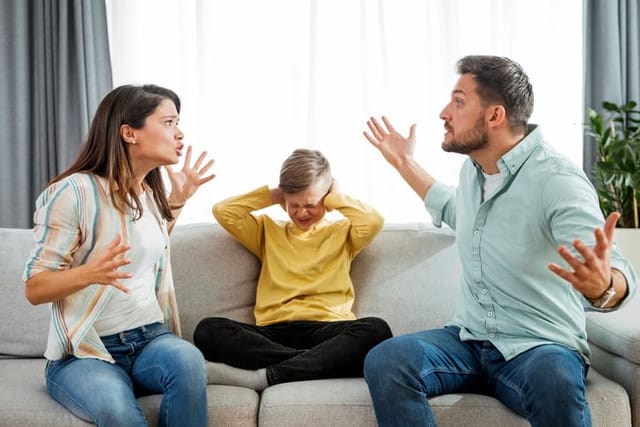
It’s a tried and tested coming-of-age film stereotype that the Dad expects the son to take over the family business. Parents view their kids as extensions of themselves for a long time, and it’s hard to stop that. Reflecting on growing up in that environment, you might see that you weren’t as happy as you thought.
8. They put loads of pressure on you.

You might have found their attention flattering when you were younger. Everyone wants to impress their parents. However, now that you’re a burnt-out 30-something-year-old, you have to wonder if they could have been a little more chill.
9. You could never understand when people were best friends with their parents.
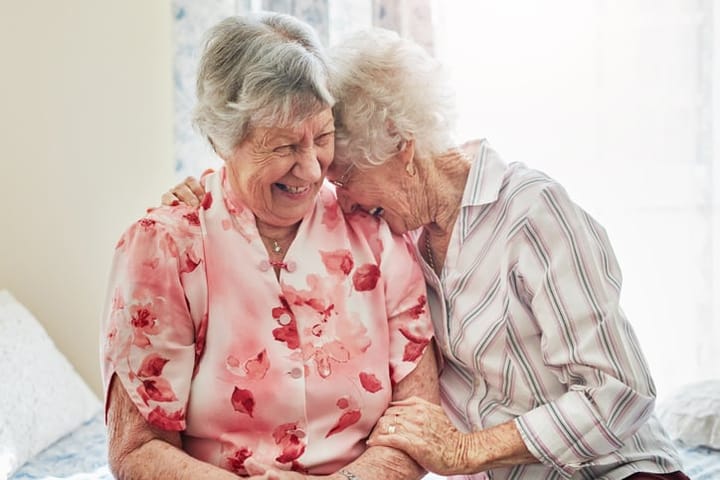
Gilmore Girls may have written the playbook on being best friends with your mother, but that was never in the cards for you. You were always close enough, but you knew how the parent-child dynamic worked. Now, you’re always vaguely uncomfortable when you see your friends talk about their closeness with their parents.
10. Your parents didn’t get out much, so you didn’t.
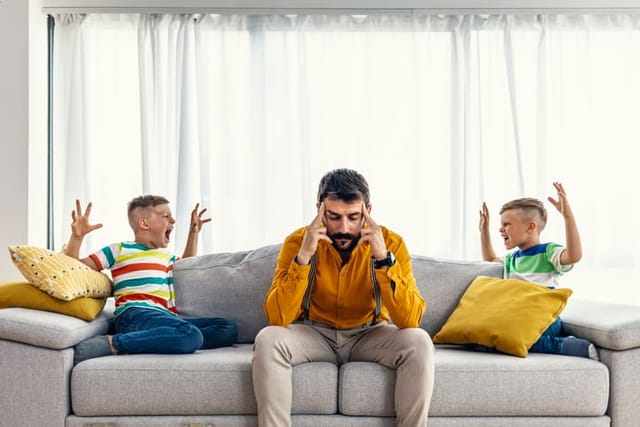
While it may be true that your parents lived an exciting and vibrant life when they were younger, they certainly didn’t when you were growing up. It meant that you didn’t get to learn to enjoy traveling or adventuring. Your quiet childhood hasn’t aged well, looking back.
11. They never hid their problems from you.
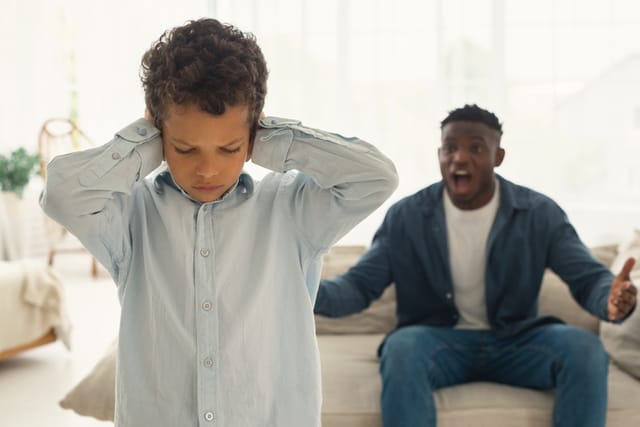
Like it or not, you were always brought in on problem-solving when times were tough. If it meant getting a part-time job, helping file the taxes, or something else, you probably helped resolve it. At the start, it felt empowering, but looking back you can see you didn’t get a normal childhood. That’s the reason you’d never bring any friends or partners home—it’s too stressful.
12. You had to grow up fast.
Although you may appreciate your maturity now that you’re older, when you were younger, you had to fend for yourself. Your parents forced you to pick up the pieces and hang on to the kernels of affection. It was exhausting for you and it’s hard to rely on people even now.
13. As the eldest sibling you became the ‘Mum’.
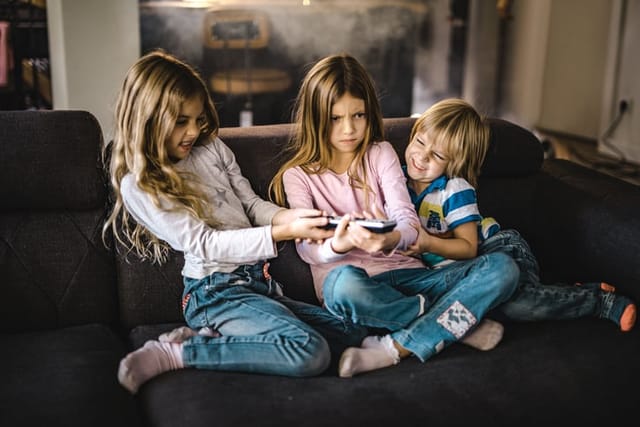
This is the classic burden of the eldest daughter. With perspective, you can see how your parents were irresponsible in the amount they relied on you for parenting. You were just a kid yourself; you shouldn’t have been doing the school run or cooking every night.
14. You can see their worst traits in yourself.

When you’ve had a great childhood, you’ve been allowed to grow and change and divert from how your parents are. When you’ve grown up to be carbon copies of your parents, you have to reflect that they didn’t try to expand your horizons. You had to do all the growing yourself.
15. Your list of chores always seemed bigger than your friends’.
Everyone notices when one kid is always late or the first to leave because they have to go back and help their parents. It made you feel different and excluded—and you have your parents to thank for that. Your childhood friend who had less demanding parents has blossomed into an amazing person and you wish you could be like that.
16. They didn’t encourage you to try extracurriculars.
You can see now that lots of your friends maintained their closeness and developed their relationships while running track, playing softball, or even playing chess. Whatever it was, they grew more well-rounded and got to hang out with different people. Your parents didn’t encourage you to gain new hobbies or skills and sometimes you resent that.
17. What felt like freedom was actually disengagement.

If your parents weren’t helicopter parents, they may have been absent which can sometimes feel worse. While helicopter parents care too much, absent parents are checked out and it wasn’t a good way to feel.
The next time you reflect on your childhood with your friends, give yourself space and time to recognize that things weren’t as smooth sailing as they felt at the time.
Enjoyed this piece? Give us a like and follow Bolde on MSN for more!
